Kleros Annual Transparency Report 2020
Kleros brings you the 2020 Transparency Report, with an overview of all activities that Kleros undertook in the last year.
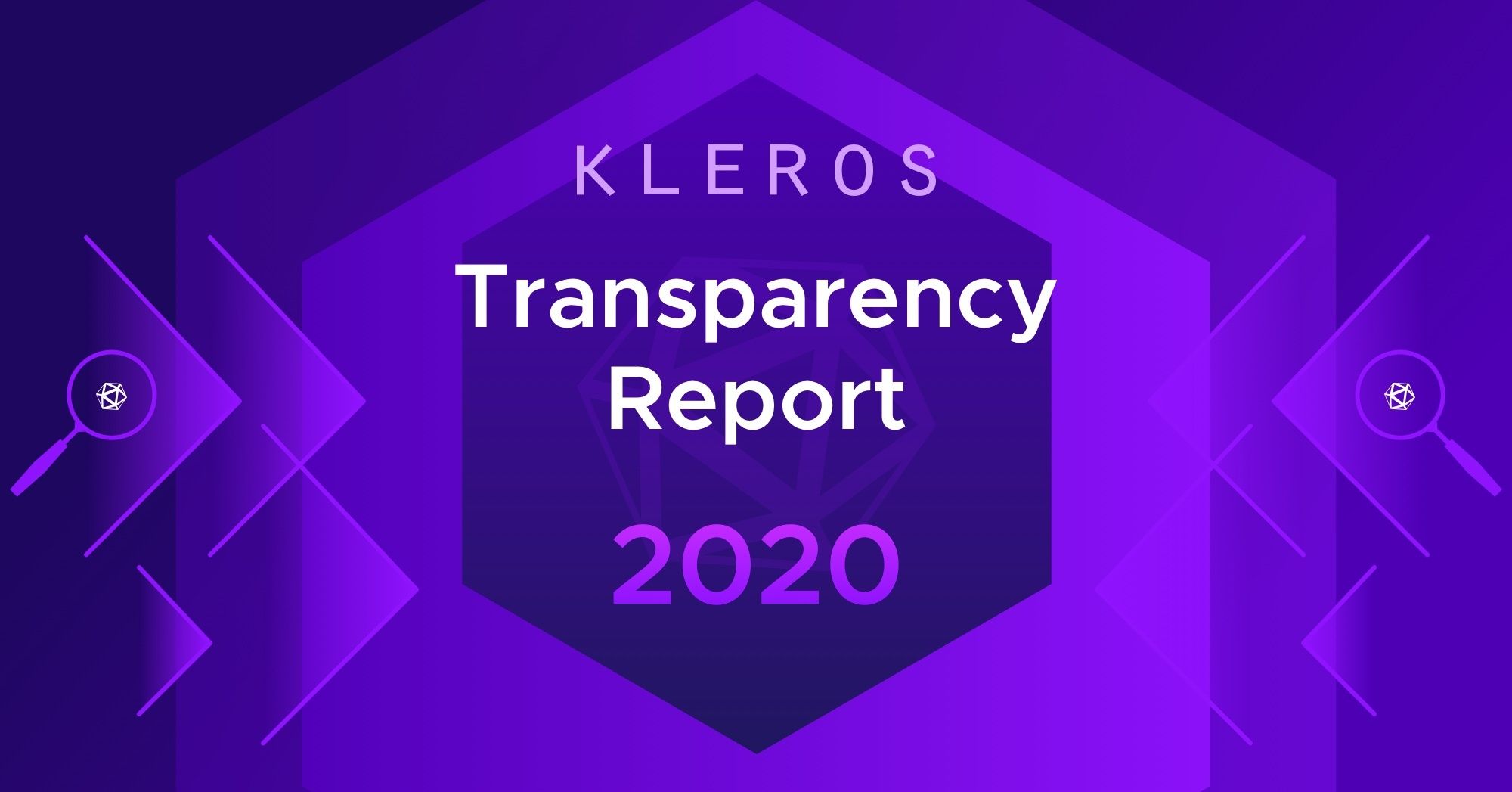
A look at what we built, what we researched and what we spent over the last year. A way for us to be accountable to our community…
Highlights of Last Year
March 2019
The first annual meeting of Coopérative Kleros is held in Paris.
Kleros token curated registry is launched, along with a partnership with the exchange Ethfinex.
April 2019
Launch of the Escrow Dapp, where users can conduct different types of transactions backed by Kleros dispute resolution.
May 2019
Launch of the Oracle Dapp in partnership with Realit.io and CryptoUnlocked which gives users the option of selecting Kleros as arbitrator for oracle disputes.
A paper produced by the Cooperative research team wins the Asseth-Kaiko Prize in Research in Cryptoeconomics at the 2019 Tokenomics International Conference on Blockchain Economics, Security, and Protocols.
June 2019
Launch of the revamped Athena version of the Kleros Court, with a number of improvements in performance and usability.
The first decentralized escrow trial is conducted on Kleros platform.
July 2019
A new group of participants are admitted for the second batch of the Kleros Fellowship of Justice.
September 2019
Launch of Uniswap Ninja, a fork of the Uniswap protocol that pulls token information from Kleros’ TCR.
October 2019
The team participates at DevCon5 conference in Osaka with talks by Federico and Plinio.
Launch of the “Proof of Humanity” project with an open meeting at Kleros House in Osaka.
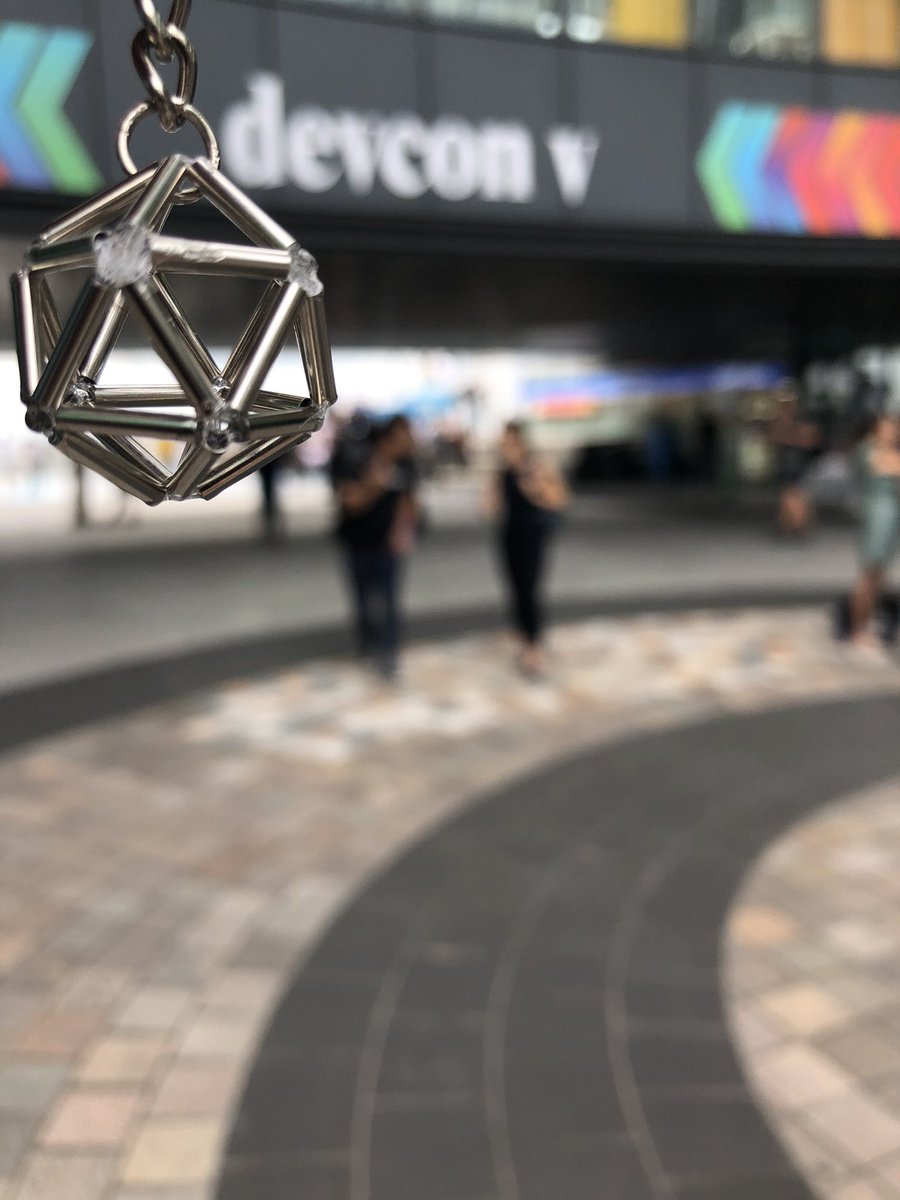
November 2019
Telegram groups in Spanish, Portuguese, Korean, Russian and French are created as part of a strategy to build a stronger global community for the Cooperative.
December 2019
Over 350 tokens are registered on the Kleros TCR.
Federico teaches a workshop on blockchain and legal design at the “Diplôme d’Université Transformation Numérique du Droit et Legaltech” as part of the academic collaboration between the Cooperative and Université Paris II Panthéon-Assas.
January 2020
The DutchX badge is added to Kleros Token Curated Registry.
The Cooperative wins a prize in the "Programme d'Investissements d'Avenir" (Future Investment Program) by BPIFrance Financement.
The Cooperative conducts a successful second round of token sale. 150,000,000 PNK are sold for 7,790 ETH.
Members of the team participate at the conference “When blockchain meets arbitration: the birth of decentralized justice”, the first conference ever on decentralized justice hosted by the University of Leicester, convened by Dr. Rossana Deplano and funded by ESCR Impact Acceleration and The Society of Legal Scholars.
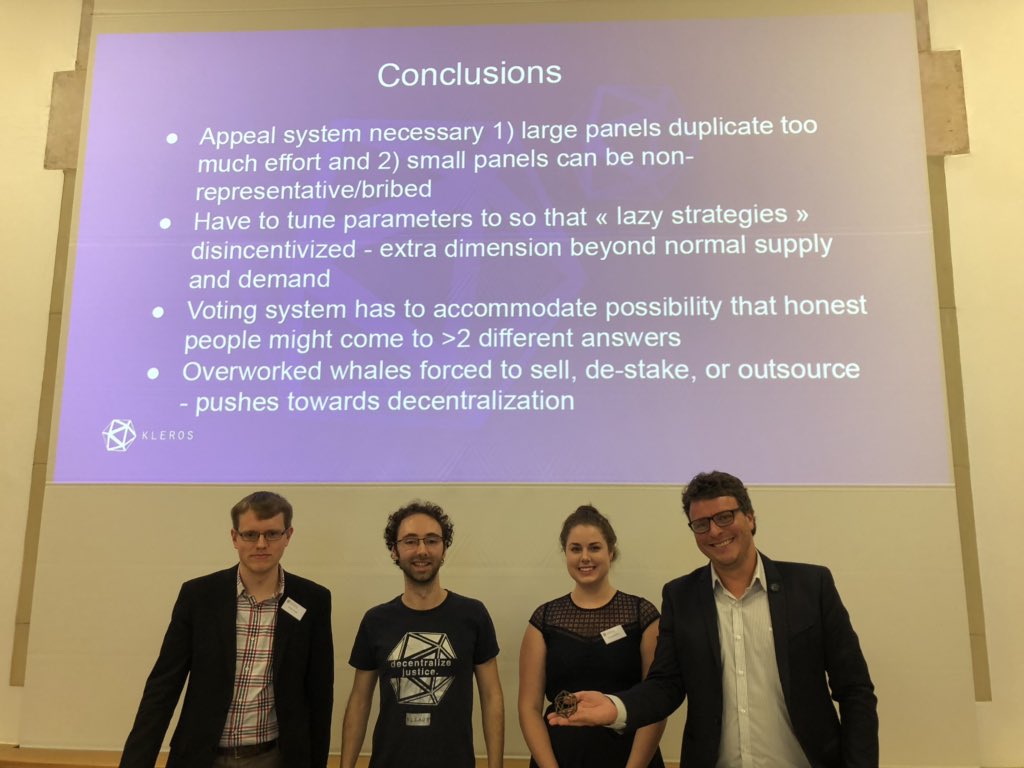
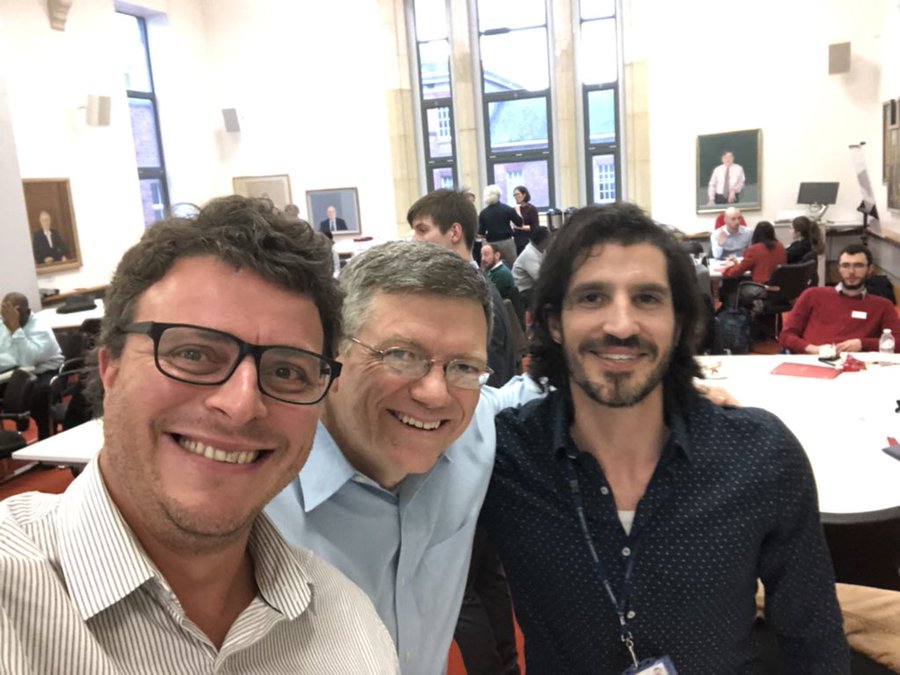
February 2020
The PNK token is listed on Deversifi exchange.
Kleros team participates at the final of the “Blockchains for Social Good” prize of the European Commission in Brussels.

March 2020
Coopérative Kleros holds its second annual meeting.

Research Activities
During the past financial year, Coopérative Kleros has conducted the following research activities:
- We studied the resistance of the Kleros protocol to different types of attacks. Particularly, we analyzed factors that affect resistance to p+epsilon attacks, such as choice of payoff structure, deposits, appeals, and counter-coordination, and the subtle ways in which these measures interact in determining overall attack resistance.
- We made improvements on our previously developed proposals to use Kleros in oracles for real-valued quantities. Work on this subject was published as “A Smart Contract Oracle for Approximating Real-World, Real Number Values” in the Proceedings of Tokenomics 2019, International Conference on Blockchain Economics, Security and Protocols, which won the "Asseth - Kaiko Prize for Research in Cryptoeconomics" conference best paper prize.
- We designed an automatic mechanism to potentially fork PNK to increase resistance to 51% attacks and provide a path forward out of any such attacks, without unnecessarily splitting the community over honest disagreements.
- We have begun to explore the issues that arise when jurors are presented with a discrete non-binary case, (e.g. who should be responsible for paying for damages with more than two possibilities?). Our goal is to find a voting system and an incentive payout scheme that encourages honest voting and aggregates those votes into outcomes that are seen as fair.
Development Activities
During the past year, the Cooperative has conducted the following development activities:
- We launched Athena, a revamped version of the Kleros Court, with a number of usability improvements.
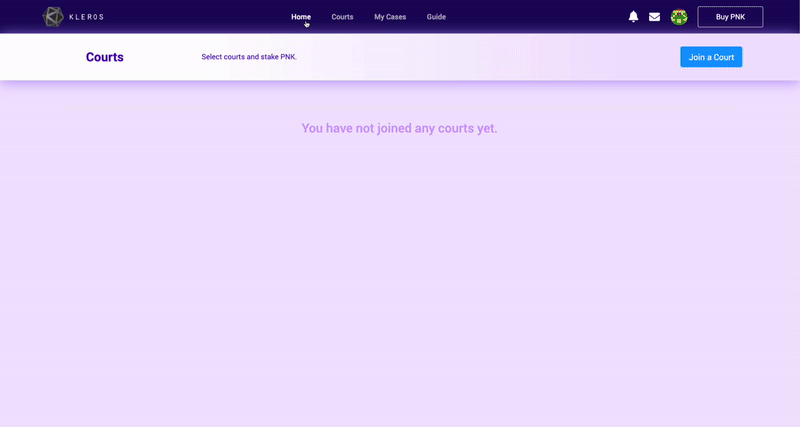
- We released the Token Curated Registry, which empowers the community to curate a list of Ethereum tokens in a transparent way.
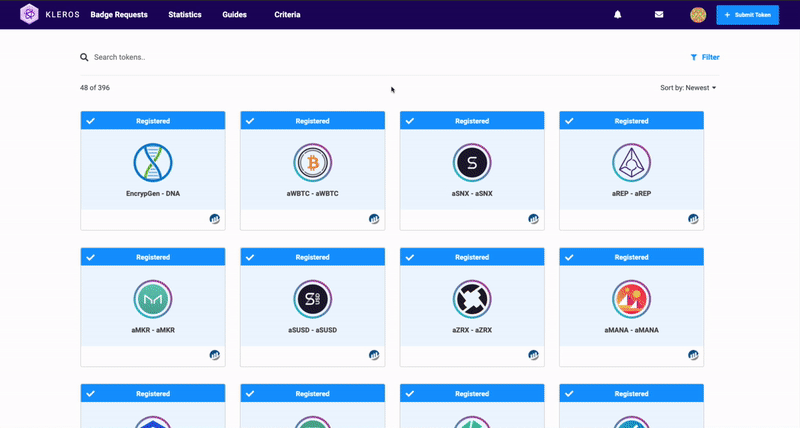
- We launched Kleros Escrow, a Dapp enabling users to conduct escrow transactions backed by Kleros dispute resolution.
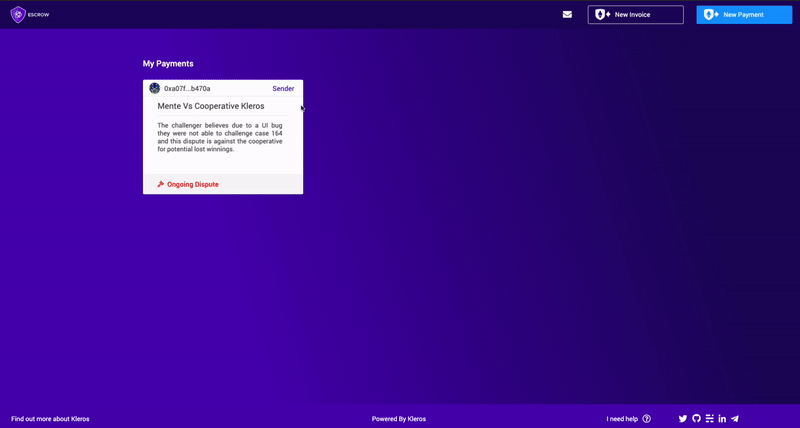
- We released an integration with Realit.io for using Kleros dispute resolution for oracle disputes.
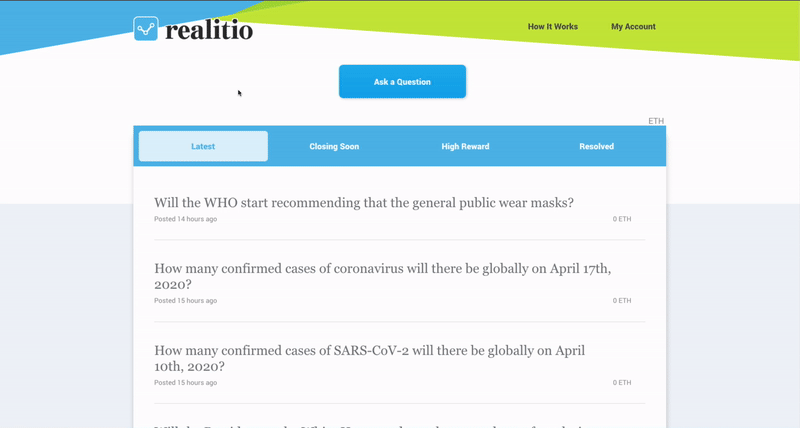
- We launched the Uniswap Ninja exchange, based on a fork of the Uniswap protocol and pooling tokens to be listed from the Kleros TCR.
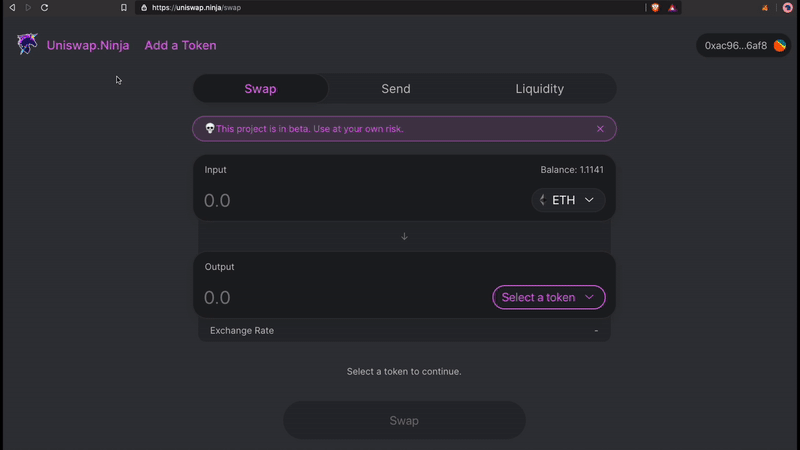
- We released the Centralized Arbitrator Dashboard, to quickly deploy a centralized arbitrator from a graphical interface.
- We launched the Dispute Resolver, a Dapp allowing users to create disputes that will be adjudicated by Kleros.
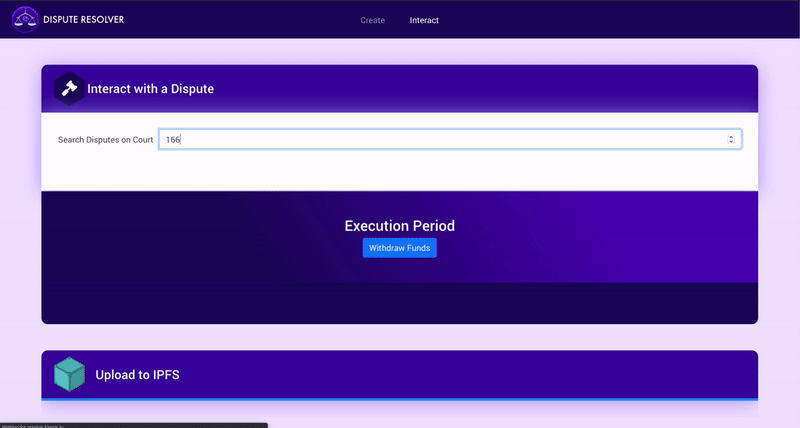
- We developed the Dapp used to conduct the second round of Kleros' token sale.
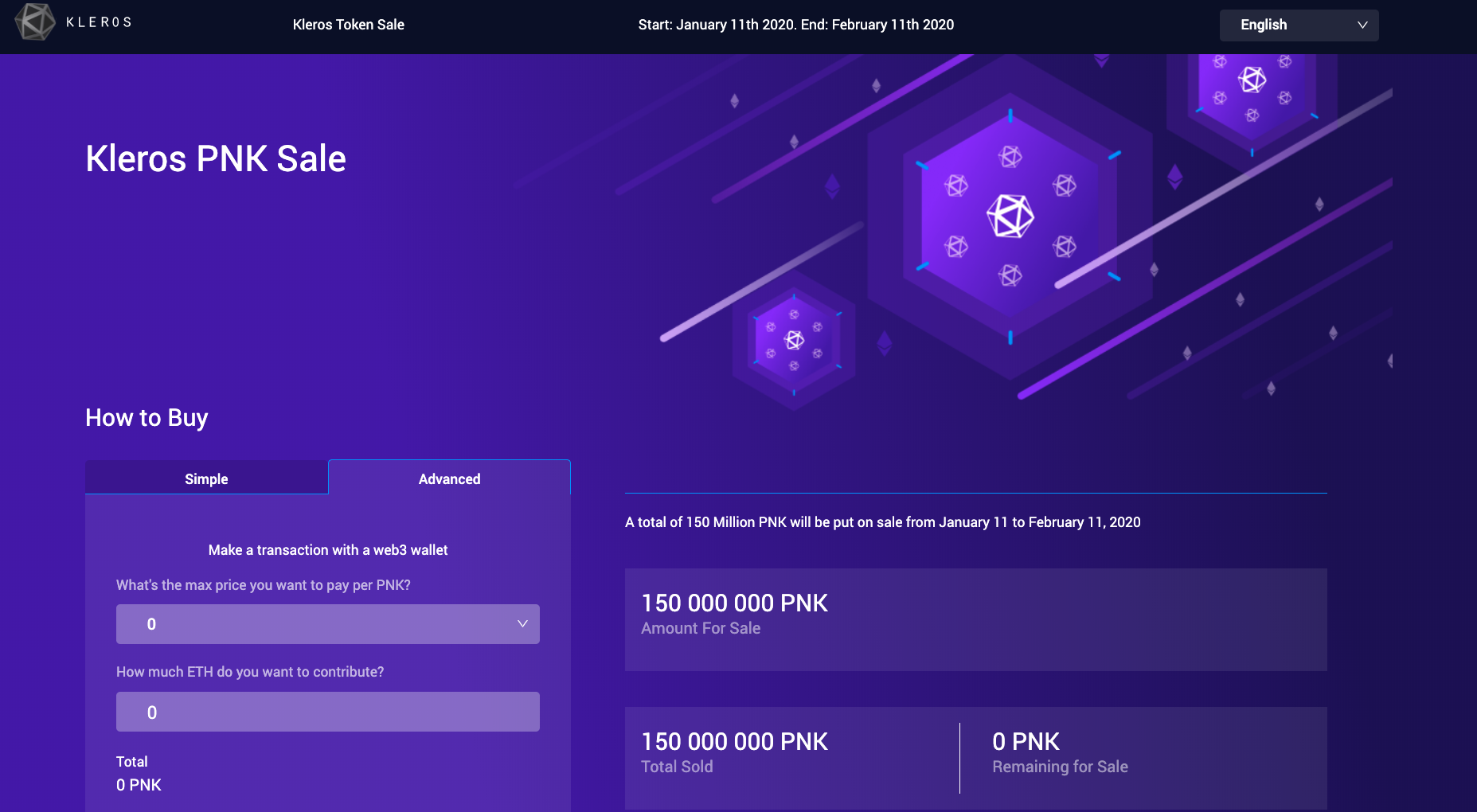
Marketing and Communications Activities
During the past year, the Cooperative has conducted a number of marketing and communications activities with the goal of strengthening Kleros’ brand and raising awareness on decentralized justice.
- Members of the team have participated in meetups, conferences and lectures in Paris, London, Berlin, Brussels, Luxembourg, Madrid, New York, San Francisco, Osaka, Singapore, Mexico, Buenos Aires, Córdoba, São Paulo, Lima, Santa Marta, Lisbon, Leicester, Oxford and more.
- Kleros was presented at top universities and research centers such as the Society for International Arbitration (SIAA) and the CodeX Center for Legal Informatics at Stanford University, Harvard Law School, the Max Planck Institute, the Deep Tech in Dispute Resolution Lab at the University of Oxford and Columbia University among others.
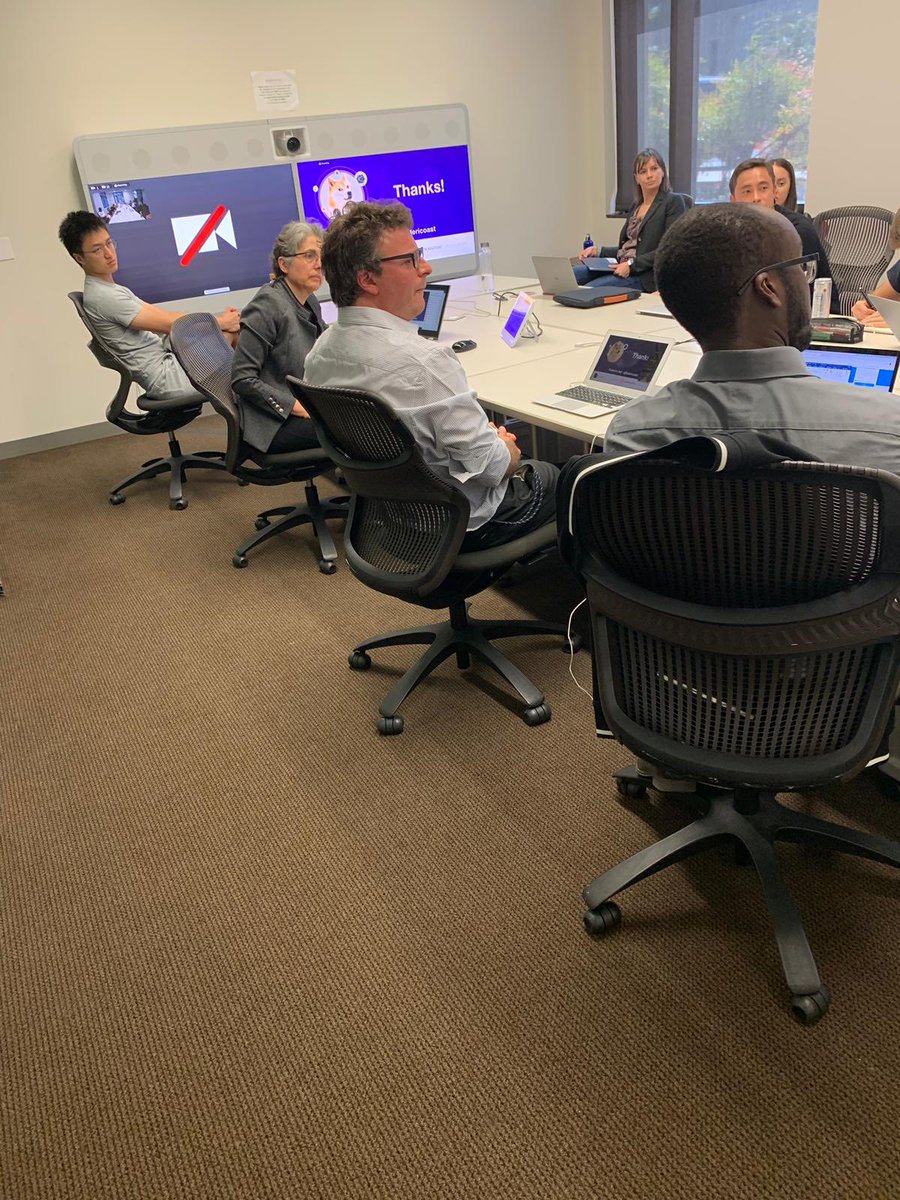

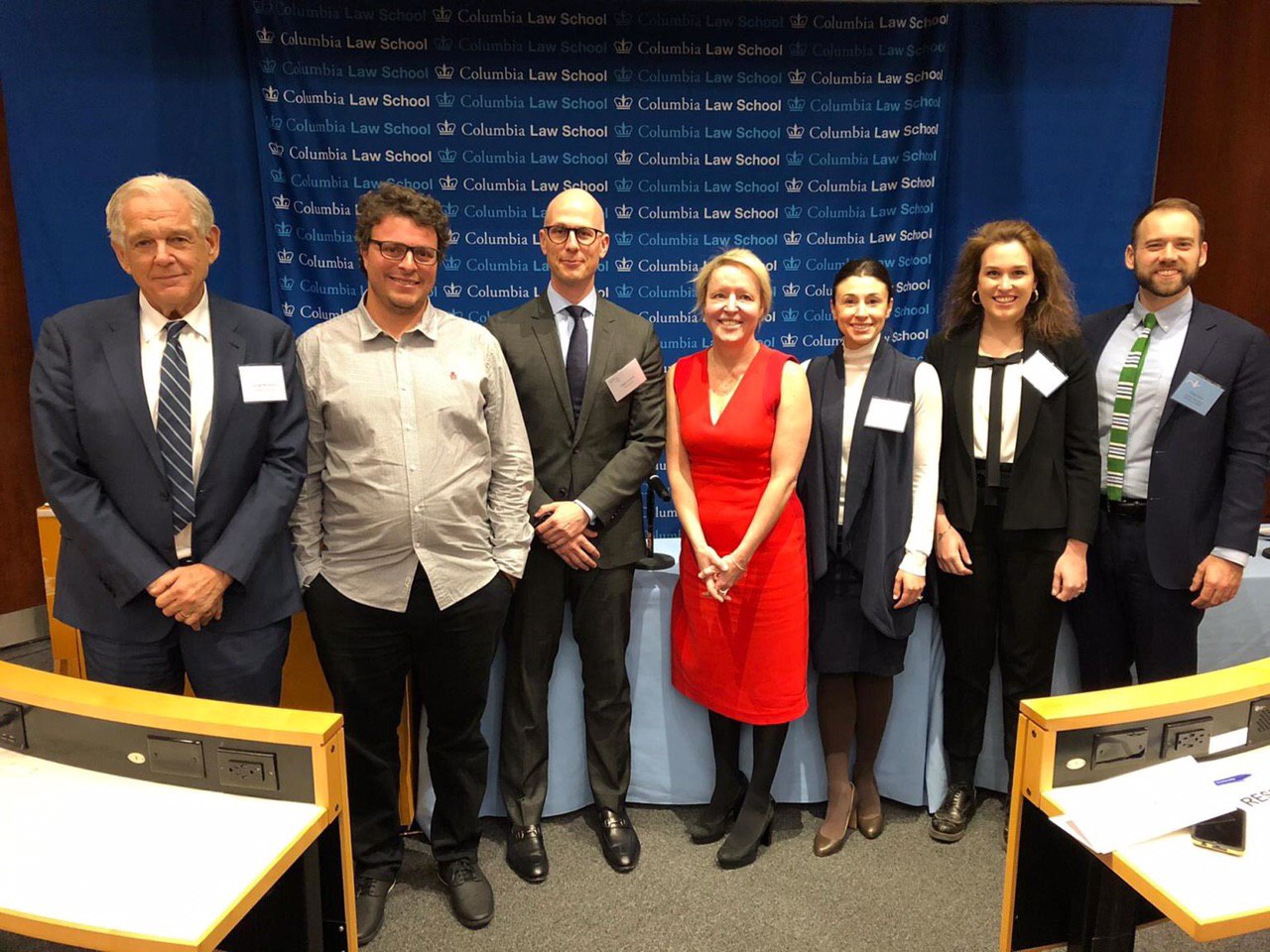
- Kleros team also presented at top events of the blockchain industry such as DevCon and ETHCC conferences.
- We hosted “Dispute Revolution: Kleros Conference on Decentralized Justice”, in collaboration with the Paris Center for Law and Economics (CRED) at the Sorbonne University.
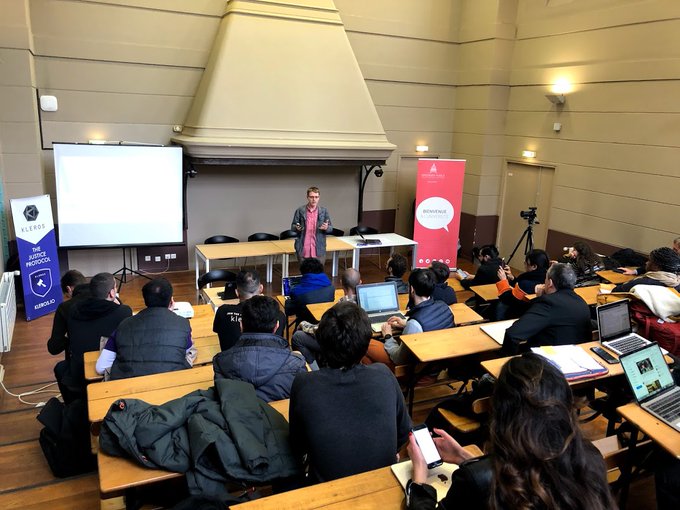
- The team has produced a large number of blog posts, articles, videos and social media content in order to communicate the activities of the Cooperative.
Thanks to these activities, the Kleros community has become larger and more widely distributed geographically. A survey revealed that Kleros has community members in 25 countries. Kleros now has Telegram groups in English, Spanish, Portuguese, French, Russian, Chinese and Korean.

- We have conducted a number of business development efforts with the goal of approaching potential partners in the field of decentralized finance, insurance and content moderation.
Future Developments
In the next year, Coopérative Kleros plans to conduct the following activities in core protocol development, Dapp development, research, and marketing and communications.
Core Protocol Development
The Cooperative will conduct a number of core protocol development activities with the goal of improving the security, efficiency and the variety of cases that can be resolved by Kleros.
- Kleros governor contract will be decentralized, providing on-chain enforcement to decisions made by the community through the governance mechanism.
- Kleros forking mechanism will be formalized, based on subjectivocracy principles.
- The Cooperative will develop an SDK for easing integration activities by partners and by companies wishing to build on Kleros protocol.
- A future release of the protocol will include enhanced support for non-binary decisions based on our research on social choice theory as well as support for multiple tokens for the payment of arbitration fees.
- The Cooperative will develop a bridge to enable Dapps built on other chains to be able to receive Kleros rulings.
- The Cooperative will develop interfaces between Kleros and scalability solutions (cross-shard mechanism, generalized state channels, plasma chain). This will increase the amount of disputes that Kleros will be able to handle.
Dapp Development
The Coopérative will launch a number of Dapps with the goal of increasing adoption:
- We will release the Generalized Token Curated Registry (GTCR), a Dapp that enables users create their own token curated registries. This will increase the use of Kleros with the goal of curating information.
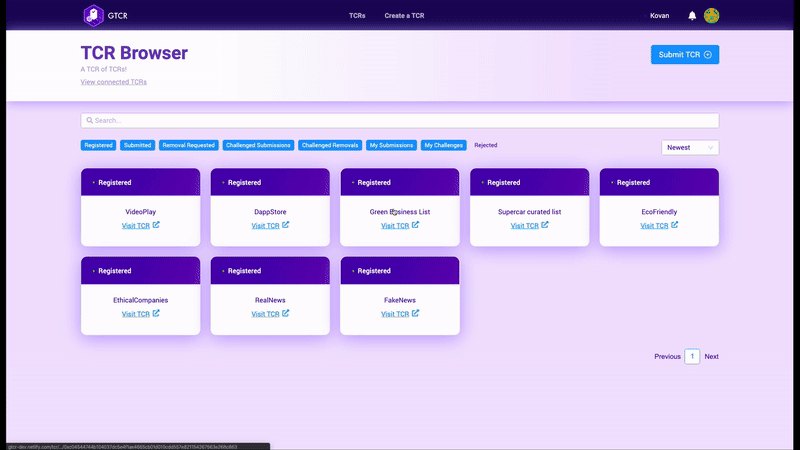
- We will release an implementation of the GTCR especially adapted for content moderation purposes.
- We will launch "Proof of Humanity", a token curated registry application for detecting which users are human and which are bots.
We will launch Linguo, a Dapp that uses Kleros for assessing the quality of translation work.
- We will release a new version of Kleros oracle, which will be usable at an earlier phase of the resolution process, greatly reducing the average length and cost of reaching a solution.
Research
The Cooperative will conduct a number of research activities, with the goal of improving the security, efficiency and versatility of the protocol:
- We will continue our research on question types that are non-binary and non-linear. This will allow us to develop a more nuanced sense of the tradeoffs involved in the mechanism design.
- We will consider ways to minimize the information that must circulate during a dispute, to enhance user privacy.
- We will find solutions that will allow Kleros to scale to a point where it could be widely used, such as using plasma channels, side channels, or building versions of Kleros on different blockchains that can interact via bridges.
To learn more about the current research we're conducting, read our recently published Yellow Paper and this post on Kleros and social choice theory.
Marketing and Communications
The marketing and communications team will conduct a number of activities to keep establishing Kleros thought leadership in the field of decentralized justice as well as fostering adoption through business development activities:
- We will keep publishing high quality articles, videos and other materials destined at informing and educating the audience.
- We will publish a revised and augmented version of “Dispute Revolution. Kleros Handbook of Decentralized Justice”, compiling the most recent research done by the Cooperative in the fields of computer science, cryptoeconomics, law and business.
- We will launch an ambassador program in order to foster the growth of the Kleros community at a global level.
- We will increase efforts to integrate Kleros as a dispute resolution provider into different decentralized platforms.
- We will develop efforts to integrate Kleros with mainstream companies as part of the Layer 2 strategy according to the plan presented at the BPI in Project Themis.
Financial Position of Coopérative Kleros
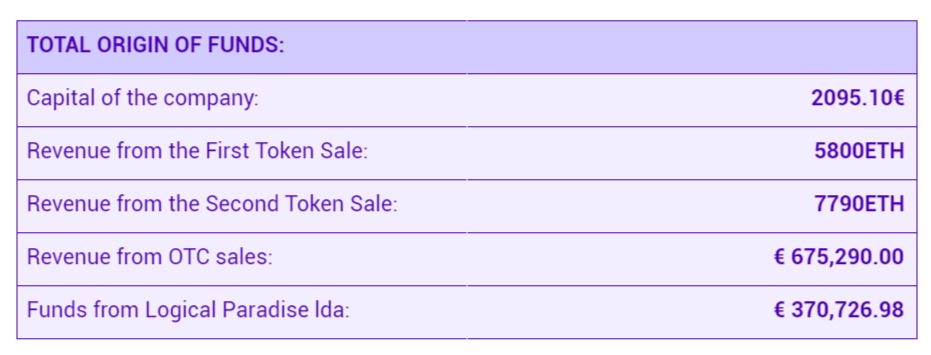

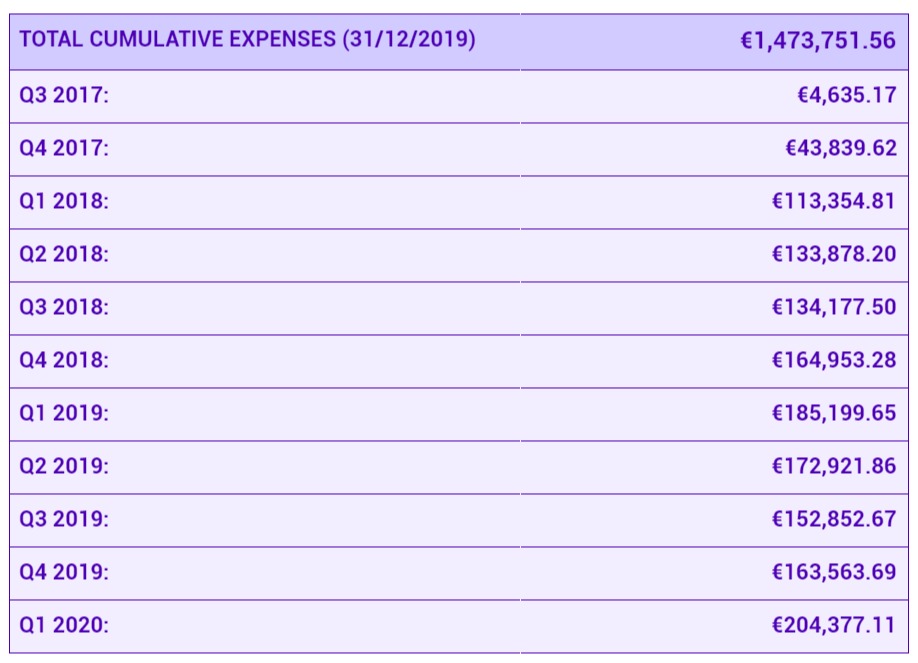
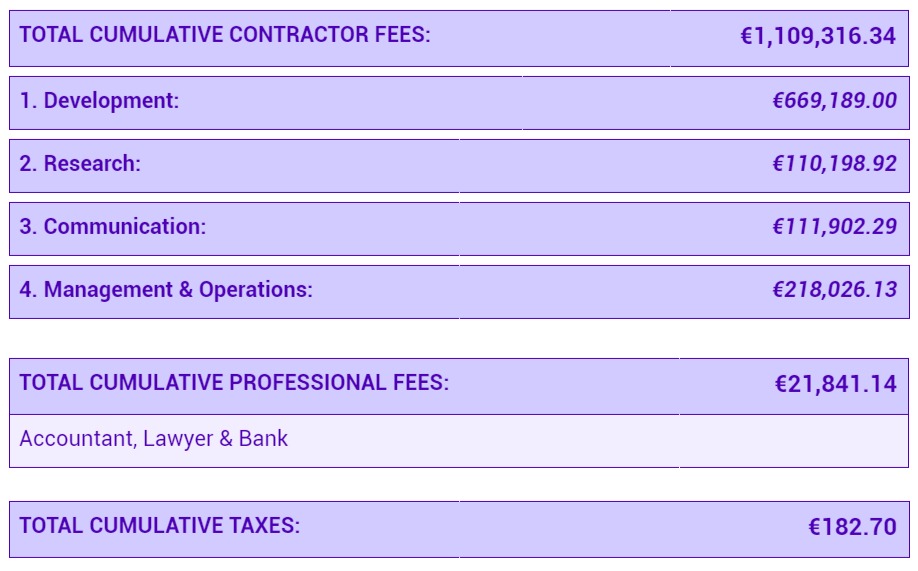
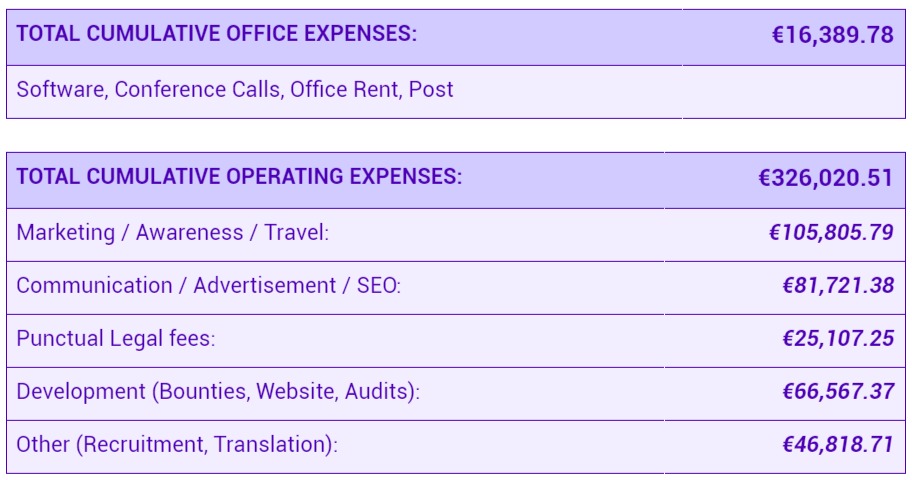
Burning Rate (March 2020)
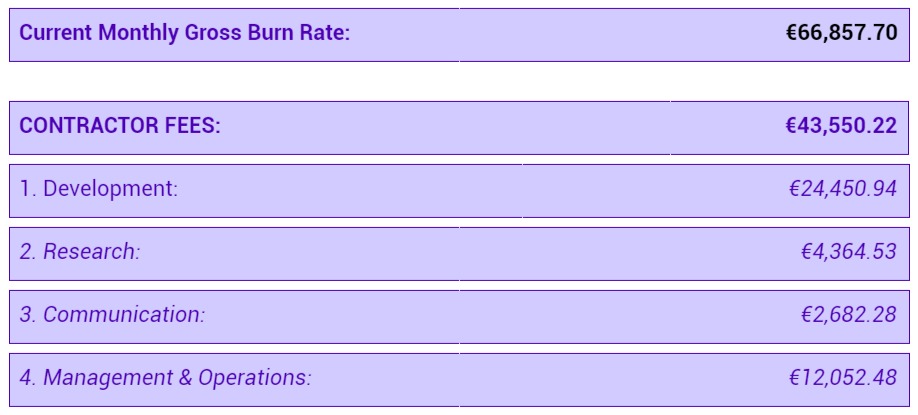
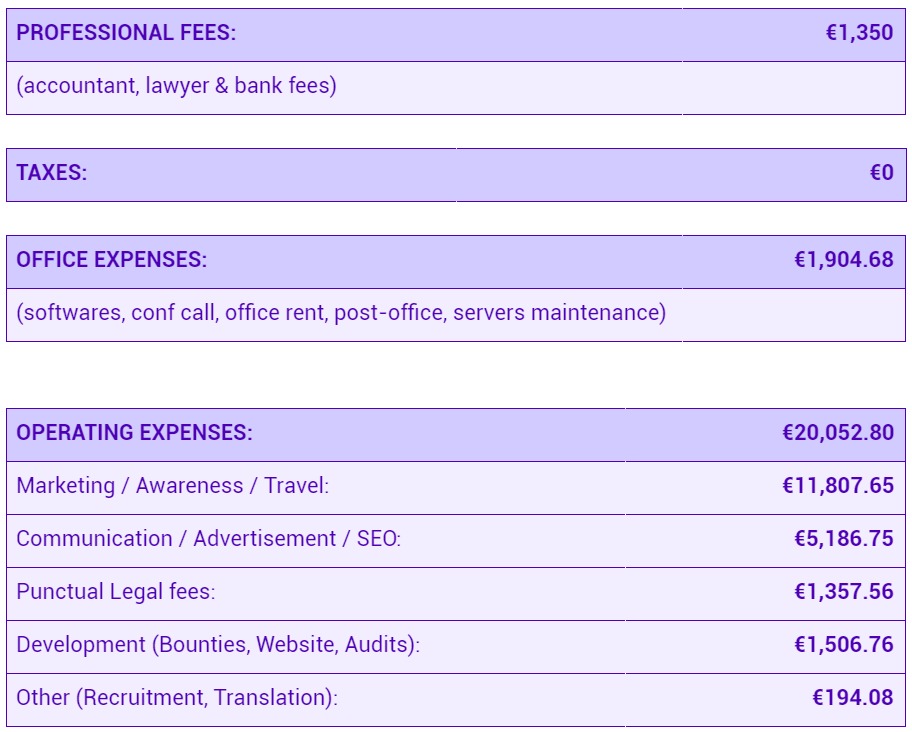
Token Allocation
This section presents the allocations of the PNK Token, a work token that is a necessary part of the system for preaventing the sybil attack, incentivizing jurors and voting in the platform governance (to learn more, read the article Why Kleros Needs a Native Token).
All figures as valid as of March 24th, 2020.
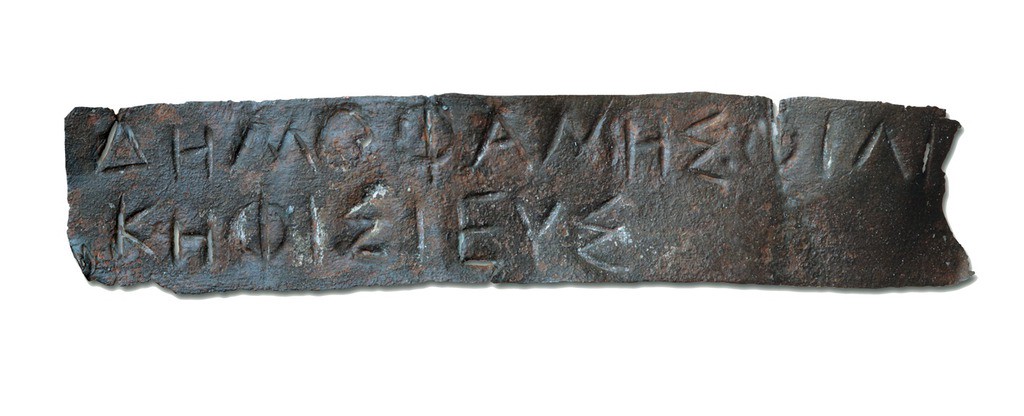
Kleros Total Token Allocation
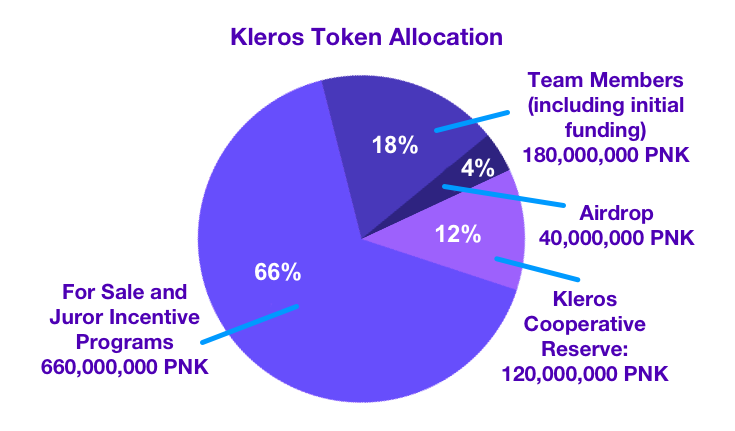
Cooperative Reserve Tokens
Coopérative Kleros has an allocation of 120,000,000 PNK which are mostly used for the payment of bounties, marketing activities and to provide liquidity in exchanges.
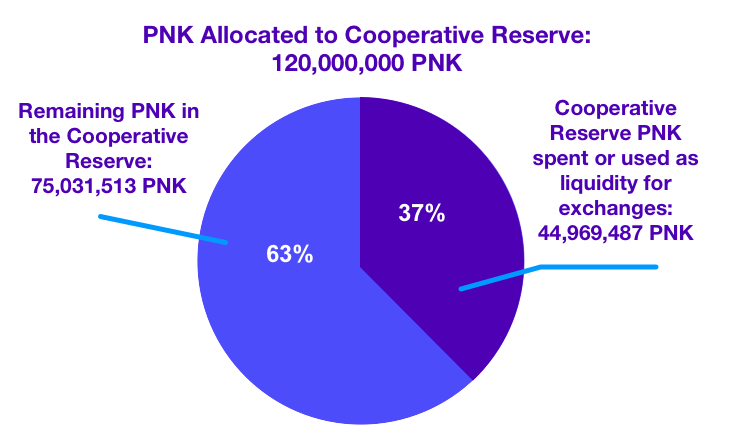
Airdrop Tokens
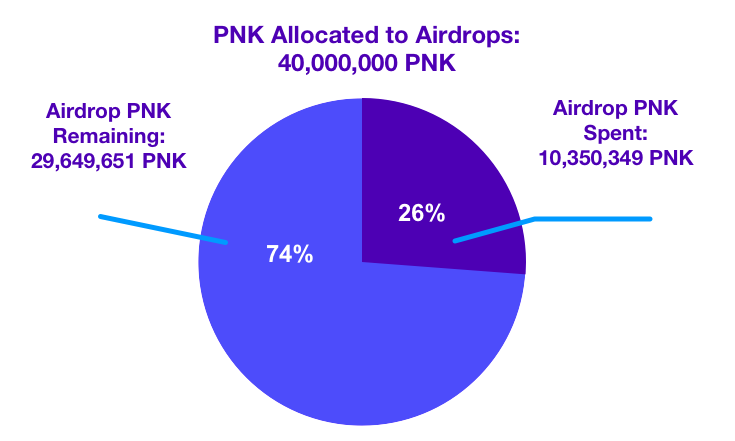
Sale Tokens

Current Token Supply
Max PNK Supply: 1,000,000,000 PNK
Total PNK already minted: 564,626,704 PNK
Circulating supply: 536,515,593 PNK
(total of PNK already minted - the team members PNK still locked).

Funding for Future Operations
In the past financial year, a key goal of the Cooperative was securing the necessary funding for continued operations. For this purpose, a number of activities were conducted, which included applying to different grants, contacting large scale buyers and conducting a public token sale.
Fundraising efforts led to satisfactory outcomes:
- The Cooperative won a prize under the program "Programme d'Investissements d'Avenir" (Future Investment Program) by BPIFrance Financement.
The prize consists of a total of €718,017, of which €478,678 are a non-refundable grant, and €239.339 are a refundable loan under the terms and conditions of the program.
Funds granted by the BPI will be used for the development of Themis, a new project within the Cooperative which seeks to develop Layer 2 applications for the adoption of Kleros in corporate and institutional use cases.
- The Cooperative held a successful token sale from January 11th to 30th, 2020 which raised 7,790 ETH for 150,000,000 PNK. Thanks to high demand, the sale was sold out 12 days before the expected end date.
- The Cooperative was selected as a finalist at the Blockchains for Social Good competition hosted by the European Commission which awards innovators using blockchain for social good. The finalists day was held in Brussels on February 10, 2020. Five winners will be announced soon. The prize for winning projects is €1,000,000 each.
Conclusion
In the past year, the main activities developed by Cooperative Kleros included:
- Continuing with the development of the core Kleros protocol, according to the projected research and development roadmap.
- Launching a number of Dapps covering the main use cases of the Kleros protocol, including escrow, token curated registries and oracle.
- Conducting research relevant to increasing the efficiency and security of the Kleros core protocol and broadening potential use cases.
- Strengthening its position as leader in dispute resolution within the blockchain ecosystem.
- Securing the necessary funding for sustaining operations in the year to come.
The goals for the next year include:
- Increasing adoption of the protocol.
- Improving the technology of Kleros core protocol by new releases.
- Produce research relevant to increasing the efficiency of the Kleros protocol and widening the potential use cases.
- Creating and improving dapps on top of the Kleros protocol.
- Laying the foundations for the development of a layer of intermediate companies that will foster Kleros adoption in mainstream use cases.
- Motivating entrepreneurs to build dapps on top of the Kleros protocol.
- Drive adoption of the protocol by securing new partnerships.
Decentralized justice is still an emerging industry, and there is much learning to do. In an ever more challenging world, we're proud to to making an important impact in this field and look forward with confidence to the next year.

Where Can I Find Out More?
Join the community chat on Telegram.
Visit our website.
Follow us on Twitter.
Join our Slack for developer conversations.
Contribute on Github.
Download our Book.

